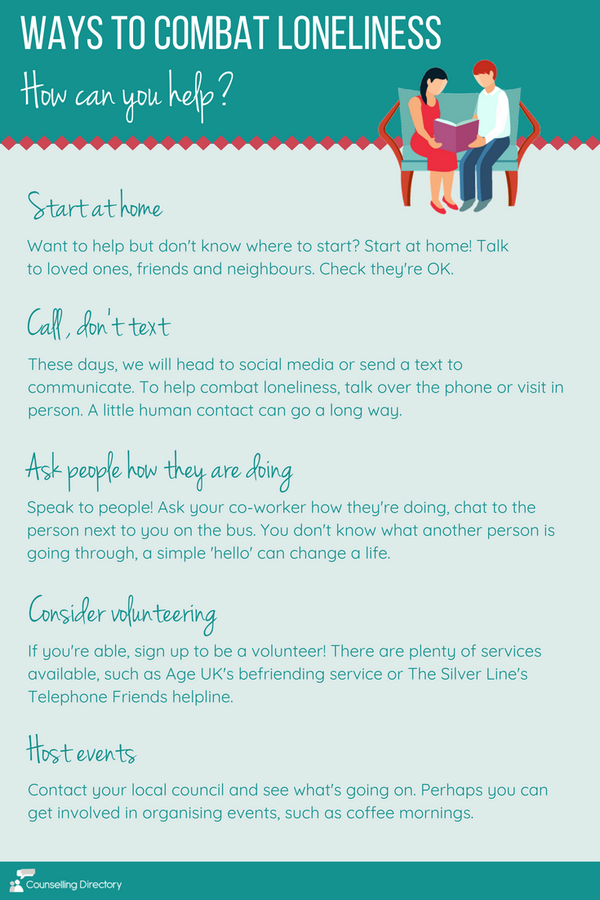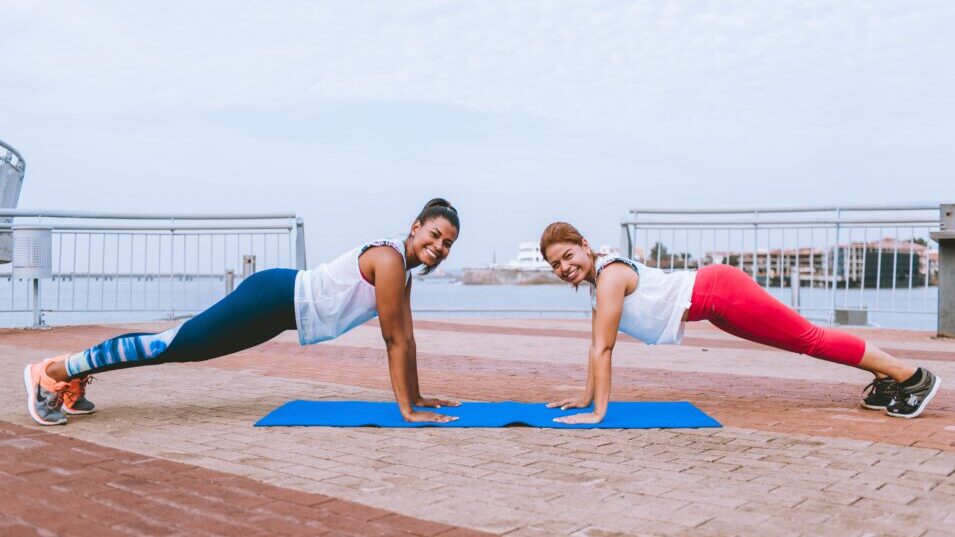Relationships Impact Health: The Strong Mental and Physical Link
Human connection is a big part of who we are, but did you know that being able to CONNECT has an impact on your health? We all have family members, coworkers, service providers, customers, parishioners, and/or strangers we interact with on a daily basis. Although there are many people in our lives, this does not equate to quality relationships.
Emotional and physiological impact
Quality interaction is what impacts our relationships and health in a positive way. As Gary Chapman stated in his book The Five Love Languages, we each require and have preferences of feeling important in a relationship, despite it being romantic or not. Whether our connections are quality, insignificant, good, or bad; they still have an impact on our health (mentally, physically, emotionally, etc.). We feel happy and safe when our best friend greets us with a warm hug or feel stressed from our high strung moms’ attempt to make everything “perfect.”
Video above from Oprah Magazine
Everyone experiences those ‘ups and downs’ with their emotional responses
What most people don’t understand are the physiologic effects that occur unbeknownst to us. Connections and relationships trigger emotions which are recognized in the brain and influence our chemical/hormonal balances throughout our body. Subsequently, this response affects our heart rate, breathing rate, blood pressure, muscular tension, rest and digest system -parasympathetic, and your fight or flight system -sympathetic.
(Read more about this flight-or-flight connection to pain, stress, and more in this blog by Dr. Sarah Crawford.)
Evidence: health effects
An abundance of evidence supports the link between human connection and health. Here are a few worth recognizing below:
- A study written by Kory Floyd, et. al (2007) reported that “affectionate writing” experienced a significant decrease in total cholesterol.
- An article produced from Ohio State University’s College of Medicine, arguments lasting just 30 minutes delay healing by one day! Regular arguments delay healing two-fold. They tested this by producing small blisters on subjects and comparing the healing rate of couples who argued vs. those who did not.
- Greg Biddell, author of Don’t Worry, Be Happy, writes that “jealousy is a mix of fear, stress and anger. These three states trigger the flight-or-fight response…Someone in the grip of jealousy is likely to suffer from high blood pressure, raised heart rate and adrenaline levels, which weakens the immune system and causes anxiety.”
- Find more examples here.
Loneliness and pain
Several long term studies have examined the risk of increased pain, depression, and fatigue in those who were lonely (L. Jaremka, et. al 2014).
Evidence also suggests that social loss or seclusion can drive poor behaviors such as increased dwelling/attention of pain, increased reliance on drugs, increase risk/severity of depression and fatigue, further social distancing, and possibly ideas or acts of harm. (M. Szalavitz, 2017 and L. Jaremka, et. al 2014).
Likewise, A. Steptoe, et. al (2013) and Hannah Griffith (2017) found a very high correlation and even greater risk of serious illness, poor health, and mortality amongst those who lacked social connectedness.
Isolation
Louise Hawkley, a senior research scientist at the University of Chicago and psychologist discusses the effect of isolation on aging adults. She states that “older adults have become so marginalized and made to feel as though they are no longer productive members of society, which is lonely-making in and of itself. That said, for society to be healthy we must find ways to include all segments of the population. Many of the intergenerational housing programs are doing a lot to dispell the myths about old age in addition to helping older individuals feel like they are important and valued members of society again.”

Check out this campaign that believes that no person should be without companionship if they want it.
Several benefits are found when people feel and participate in connection with others.
These benefits include (J. Martino, 2015):
- improved body mass index
- cardiovascular health
- cancer survival
- mental health
- improved control of diabetes as well as blood sugars
What this means is that the upside of feeling connected with another being is that you are positioning your body to heal by tolerating stress. According to Emma Seppala, Science Director at Stanford and Author of The Happiness Track we can even build our immunity by staying socially connected.
Staying connected during a time of social distancing
We need this more now than ever before during this time of social distancing. Every single person is at risk of the detrimental effects listed above, but especially those who historically struggle with depression, pain, poor mental health, poor physical health, especially our veterans and senior citizens. Luckily, there are many great ways to use technology to access your physician, physical therapist, or personal trainer. You can also plan get-togethers with family and friends virtually.
Check out Zoom, Apple Facetime, and Marco Polo for great ways to use your devices to continue maintaining your quality relationships to those who matter to you.

How you can combat #loneliness.
Promote quality connections over quantity
The goal of a quality health or wellness provider should be to promote quality connection. Whether it’s the connection you have with your personal trainer, the relationship with your parents of the impact of kind words at your AA meeting. Positivity breeds positivity.
Consider the effects that participating in group activities has on your grandparent– it instantly brightens their mood. Or how about when someone brings their service animal into the cancer wing at a children’s hospital. These events and so many others are programmed by practitioners who understand the first hand the benefits of connection.
Look around, pay attention and you will notice this happening with little effort because there is a natural inclination to collect amongst humans. We discussed this before in this previous blog by Dr. Sarah Crawford on resiliency, but I encourage you to keep in mind that opportunities for silver lining are ripe despite distance and relative isolation.
Please share your feedback and experiences.
About the author:

Dr. Jessica Volciak, PT, DPT, ATC, is an orthopedic physical therapist practicing in the outpatient, private practice setting. A 2019 graduate of Slippery Rock University. Dr. Volciak has a background in athletic training and a passion for athletics, having been a dancer through college. Dr. Volciak is participating in a post-doctoral mentorship at Anchor Wellness in Cincinnati, OH under Dr. Sarah Crawford, PT, DPT, COMT, CMTPT. Dr. Volciak is also pursuing post-graduate training in orthopedic manual therapy and trigger point dry needling. She is passionate about preventative care and health promotion.



Trackbacks/Pingbacks